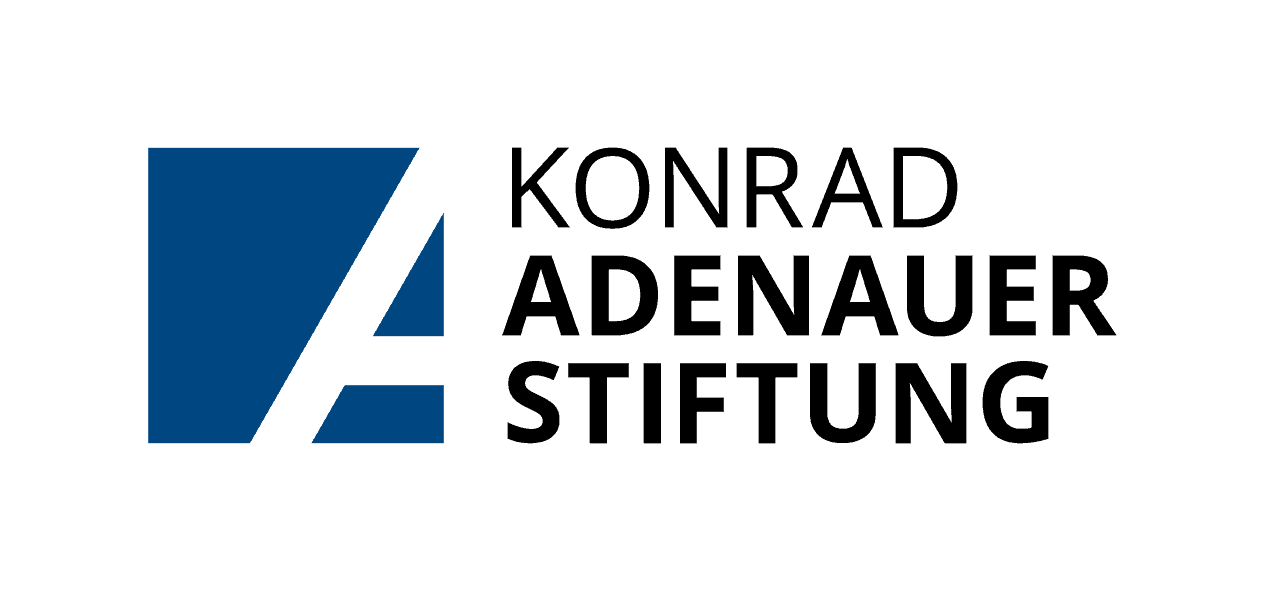Depending on the purpose of the story, you may be able to do a ‘walk-in’ (although often people consider this rude) or ‘phone-in’ with someone who has a personal story to tell. If you are consistently blocked or turned down from speaking to a source, you may try a ‘stake-out’, where you hang around your target’s office, or at a public event where you know the person will be present. However, this strategy may rub your source the wrong way, and it is important that you do not behave as though you are ambushing them. Simply introduce yourself politely and let them know you would appreciate an opportunity to talk. If the source is likely to regard you with suspicion, you may need a ‘door-opener’ from the person’s network. Any interview request to a company, organisation, or government body will likely require a formal approach, usually through a press office. Being polite goes a long way.
You may find it useful to rehearse a short introductory speech that covers all the main points before making a phone call or meeting someone. At this stage, you should think about which point you plan to reveal to them that you are a journalist. In what circumstances would you conceal your profession and pretend to be something else (e.g., a sales representative)? How would you build up that ‘role’ convincingly?
Work out how to turn the person from a casual meeting into a source that you could contact again in the future. Draw up a plan and list issues to discuss. What would interest the person? How can you encourage the source to discuss the issues in his workplace? Would your approach be different when you speak with a senior civil servant or a barman? In what way? Never underestimate the intelligence of people who do apparently routine or mundane jobs! Also, be specific and realistic about the time commitment you will need – 15 minutes might be a long time for a government minister, but a person who has experienced trauma might need an entire day before they open up.
If a source asks you to provide questions in advance, you may have to acquiesce. But this is generally not considered good practice. See if you can send a broad outline of the topics you hope to cover. Advance questions – except sometimes to experts, who may simply need time to collate specialist material – will produce a stilted, artificial interview. If you have to send questions in advance, reserve your right to ask follow-up questions.
It may also happen that a source refuses to meet you but provides a statement. You will have to discuss with your editor the most appropriate way to deal with this in your story. A recommendable formulation is: ‘We asked for an interview and while this was declined, the following statement was sent to us’ followed by the statement in full.
When a source is willing to speak with you, choose a suitable venue. A person’s home or office gives them a small psychological advantage – it is their ‘turf’ – but may also put them at ease and lets you see them in context. Your office gives you the psychological advantage but may be far too public to give them any sense of security. Think about the nature of the interview and whether it would be most successful in a public or discreet location, the mood you want to set and about the surrounding noise, which may preclude you from recording the conversation.
For formal interviews, confirm details with a phone call or email, so the interviewee cannot later say she ‘forgot’. Do not wait for secretaries who promise to get back to you. Allow for a reasonable time for a response, then call back. Be persistent, but not a nuisance.

